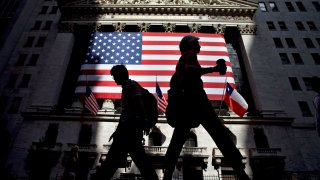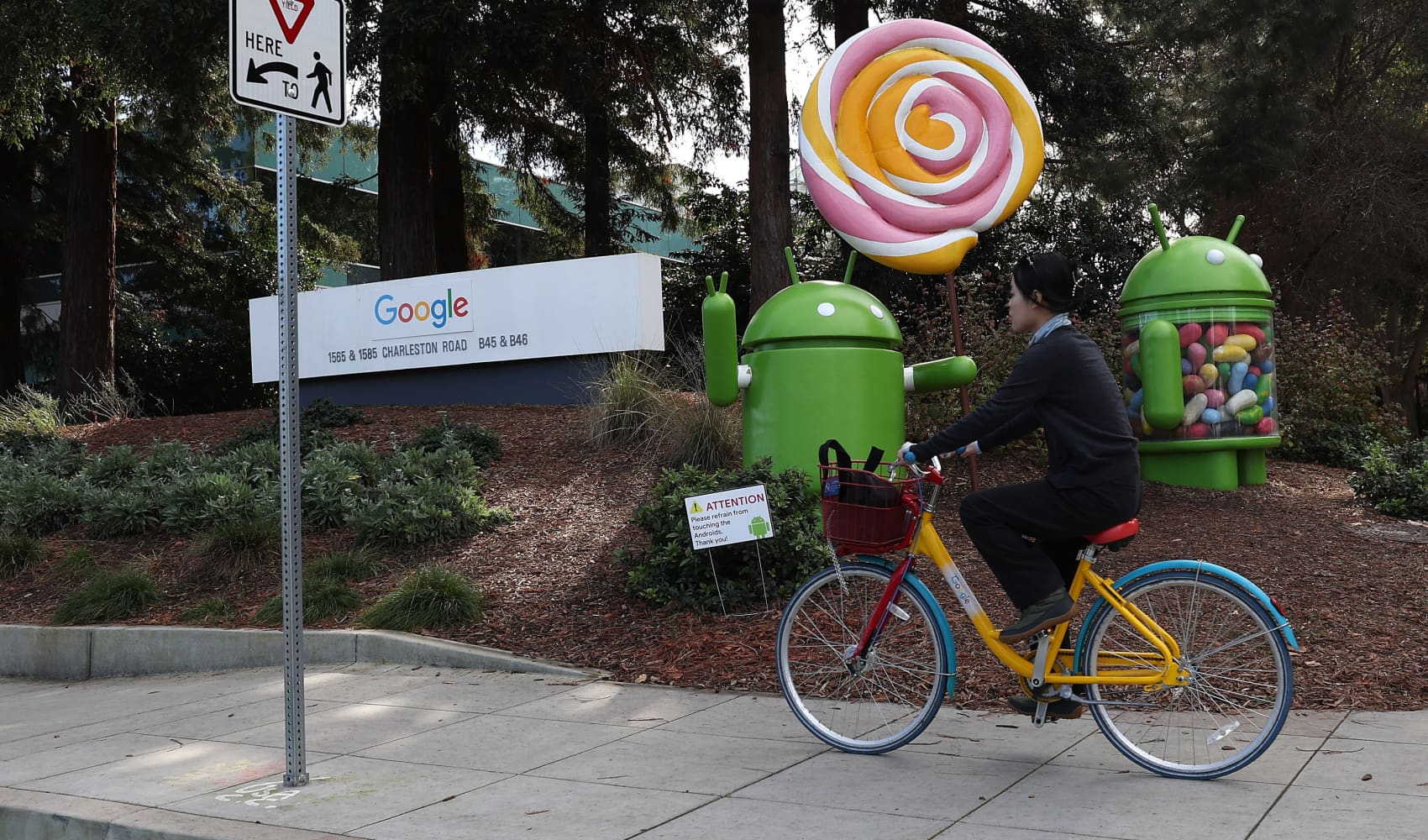
- Richmond Federal Reserve Bank President Thomas Barkin said he's hopeful that the U.S. economy is "on the brink of completing this recovery."
- But Barkin said he's still worried about "scarring," or damage left behind by crises that will suppress growth prospects over the medium or long term.
- One potential "scarring" is lower labor force participation rate by parents, many of whom left their jobs to care for their children when schools closed, he said.
The U.S. economy is recovering from the Covid-19 recession, but some economic "scarring" may take a long time to heal, said Richmond Federal Reserve Bank President Thomas Barkin.
Economic scarring refers to damage left behind by crises that will suppress growth prospects over the medium or long term.
"I'm hopeful we're on the brink of completing this recovery," Barkin said Monday at the Credit Suisse Asian Investment Conference that's being held virtually this year.
Feeling out of the loop? We'll catch you up on the Chicago news you need to know. Sign up for the weekly Chicago Catch-Up newsletter here.
"Vaccines are rolling out, case rates and hospitalizations are falling, excess savings and fiscal stimulus should help fund pent-up demand from consumers who're exhausted by isolation and freed up by vaccines and warmer weather," he added.
The U.S. economy contracted by 3.5% in 2020 compared to a year ago, estimated the Bureau of Economic Analysis. The Organisation for Economic Cooperation and Development or OECD said earlier this month that the U.S. economy is forecast to grow by 6.5% this year and 4% next year.
Covid pandemic 'scarring'
Money Report
The U.S. labor market took about a decade to recover from the global financial crisis, but will likely see less long-term damage this time, said Barkin, who's a voting member of the Federal Open Market Committee.
That's because job losses in the U.S. over the past year have concentrated in sectors, such as housekeeping and food service, where workers change jobs regularly and could therefore transition to similar roles and other industries more quickly, he explained.
In addition, an increase in remote work arrangements means jobseekers could find new employment elsewhere without relocating, provided they have the right skills and reliable internet connection, he said.
"Despite these positives, I still worry we will see scarring," added Barkin.
Barkin said many parents, especially mothers, left their jobs to care for their children after schools and childcare centers were closed to prevent the spread of Covid-19.
While there's been some recovery, the labor force participation rate for parents remain about 6 percentage points below pre-pandemic levels, said Barkin.
"If parents who left the workforce don't return, that will have long-term negative implications for U.S. growth potential," he said.
School closures and the shift to remote learning will also hit students without access to computers and reliable internet connection — potentially causing "huge losses" in education and skill levels in the U.S. labor market over the long term, said Barkin.
Other possible "scarring" noted by the Richmond Fed president include:
- Small businesses have been hit hard by the pandemic, and a reduction in the number of such companies may cause the U.S. economy to miss out on "game-changing productivity gains" that they often deliver.
- While there's no immediate debt crisis in the U.S., a "tremendous increase" in federal debt over the past year could diminish policymakers' ability to respond to the next crisis.
To mitigate economic "scarring," policymakers should "complete the process of getting this virus under control," said Barkin.
"Scarring, whether it be at workers or businesses or communities, should be much less in a world that's able to return to normal or something resembling normal quickly versus one in which people are still afraid to get into an elevator," he said.
"The priority now is getting the vaccines distributed and safely reopen the economy. We're making good progress on that," he added.






